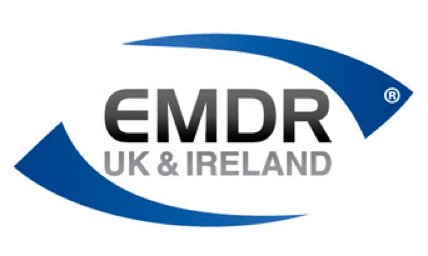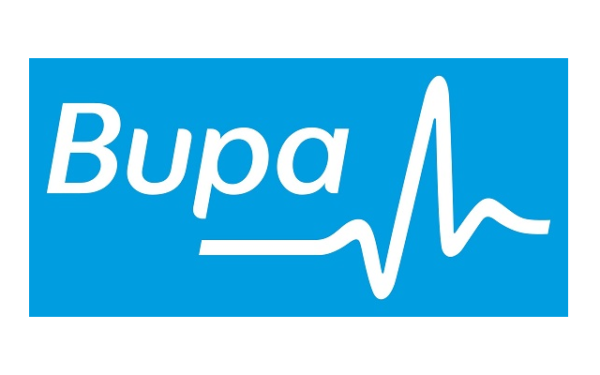Latest NewsHow to Recognise Depression

Understanding your symptoms: Depression
Depression is an illness that can affect both the mind and body. It is often characterised by a constant feeling of tiredness, sadness, lethargy, and a lack of motivation.
These are often seen as the more obvious “signs & symptoms” of depression, however it can also present itself in many other ways.
Depression seems to be a problem that fits into a continuum shape, ranging from mild to very severe. Mild symptoms may include feeling tense or stressed at times, in addition to having problems with sleep, lack of appetite, and motivation fluctuations. A person can also start to feel a more heightened sense of emotion about their thoughts, with feelings of sorrow and pain becoming more intense.

Mild depression can often be alleviated by “switching off” from strenuous activities, resting for a much longer proportion of the weekend than usual, and engaging in light hobbies that allow you to focus – all of which is known to help moderate and reduce symptoms of depression. In this stage coaching may be best way forward.
A moderately depressed person may notice an increase in “unhelpful” behaviours. These are behaviours that are recognised by others as not helpful. Dismissiveness, a lack of awareness and an unwillingness to engage are all manifestations of this behaviour; for the individual in question, their actions provide short-term satisfaction, so these destructive activities may increase, thus creating a recurrent cycle of negative behaviour, which further compounds the feeling of depression. In this stage it is best to seek help via CBT therapy.
Severe depression can be characterised by chronic negative thinking patterns, and an increased sense of loss of control or connection to the rest of the world. When severely depressed, the symptoms do not change with ease, and the constant feeling of tiredness or exhaustion are not fixable with just sleep. In this stage, therapy with pharmacological intervention could be the best way forward.
Severe depression treatment is supported with antidepressants; a rule of thumb is to seek CBT therapy help, however if the symptoms are severe it may be too late on its own.
Antidepressants are meant to alleviate suicidal ideations and “cut off” the sadness and lift the mood, so that CBT therapy can then be applied.
Very severe depression is characterised by a total loss of connection to the rest of the world, alongside a feeling of hopelessness with persistent and repetitive thoughts of ending one’s own life. Depression is usually accompanied with an underlying problem typically stemming from a traumatic event. It’s very rare for depression to stand on its own; Pharmacological support alongside CBT is the way forward.
If you are wondering whether depression can be inherited genetically – there is no evidence to support the claim that depression is inherited. The diagnosis of depression is usually accompanied by other factors like maladaptive behaviour and thinking patterns and can set in as a consequence of excessive anxiety or exhaustion, for example over working or being a worrier, or in more recent times, as a result of being in isolation due to lockdown.
Depression is an illness that silently takes over if you are not able to recognise the symptoms early enough, and don’t seek professional help in the early stages of recognition.
Additional signs to look out for include:
- Feeling tense or being easily startled
- Tearfulness or being overly emotional
- Lack of motivation or interest in things that used to be interesting to you
- Panic or anxiety attacks
- Inability to switch off – feeling more stressed than usual, poor sleep, little or no appetite
- Insomnia or difficulty falling asleep
- Difficulty waking up in the morning, (not wanting to face the day )
- Excessive tiredness (sleep not helping, still tired when waking up)
- Feeling sad
- Low self-esteem, confidence
- Negative thoughts are predominant – ruminating and seeing everything through a negative lens
- Lack of a positive outlook in life – having a sense of hopelessness
- Engaging excessively in any of these activities: scrolling and following social media channels, hoarding, TV, gambling, gaming, shopping, sex, porn, alcohol or drug use, eating or not eating, cleaning or other activities that are excessive/obsessions
- Trichotillomania or other Obsessive-Compulsive disorders (OCD or excessive worrying)
- Not feeling connected to anybody or anything
- Suicidal thoughts
- Planning to end your life and even preparing to carry it out
Cognitive Behaviour Psychotherapy is professionally researched and evidence based, and can help individuals to recover from depression and even help avoid depression occurring in the future for them. Depression is an illness that can be a by-product of other illnesses, thinking and behaviours; seek our team’s support if you are currently struggling with negative thought patterns.
If you are experiencing or can identity any of the signs and symptoms mentioned above and would like to speak to an accredited therapist, please book an immediate consultation now so we can help you along your journey.
Sign up below to hear more from us!
Not sure what you’re looking for?
Arrange a chat with our specialist team
Awards, Accreditations & Partners
Our therapists are accredited with the following UK and EU boards:
We are also able to accept clients who are insured by AXA, WPA and BUPA
*Please enquire for all other insurance companies*





